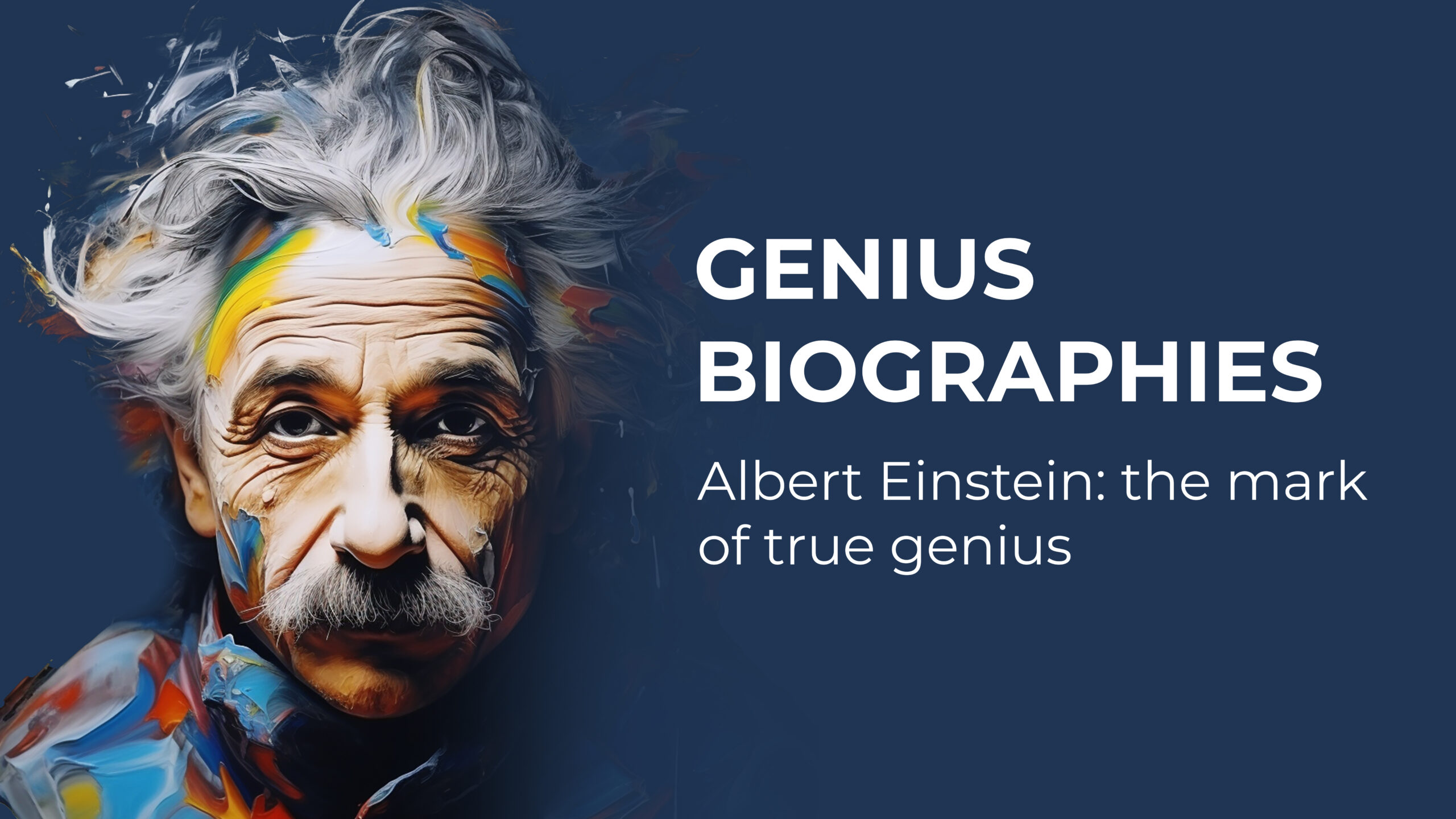Albert Einstein: the mark of true genius

“God does not play dice with the universe.” - Albert Einstein, 1926.
Einstein had won the Nobel in 1921. Neils Bohr won it a year later in 1922. And in 1927, both of them got into a debate that scientists call “the debate of the century!”
The 1920s were a time of upheaval for the field of physics. Werner Heisenberg introduced the uncertainty principle: it’s impossible to know both the exact position and the momentum of a particle simultaneously.
This was in complete opposition to Newtonian physics where everything could be precisely calculated. If you knew the initial state of a system, you could know its future state with certainty. But at minute quantum scales, this didn’t hold true.
At quantum levels, the objects exhibit both particle-like and wave-like properties. If you measure its particle properties (position) you would not be able to measure its wave properties (momentum) at the same time!
A wave in essence is spread out over space - and the particle it represents could be in many different places. Erwin Schrödinger gave us the math equations that provided probabilities of outcome rather than one definite answer as to where the particle could be.
This rubbed Einstein the wrong way. How could science not be definitive and deterministic? How could God be playing dice and rely on probability?
The debate of the century
When he met Bohr during the post-event dinner at the Solvay conference in 1927, he proposed a highly technical thought experiment to show that quantum physics was incorrect. Bohr slept on it and came up with a solution that refuted Einstein’s thought experiment by breakfast!
Einstein didn’t give up and tried to come up with more holes in quantum physics over the next few years. One of the toughest thought experiments that Einstein proposed took 6 weeks by Bohr to refute!
Scientists called out Einstein: he was showing the same stubbornness to new ideas that older scientists had shown to his theory of relativity! Scientists who could be frank with him told Einstein they were ashamed of him!
5 years down, the public’s perception changed too. Heisenberg won the Nobel prize in Physics in 1932. And Schrödinger won it in 1933. Quantum physics was irrefutable even if you wanted it to be.
The Nobel committee keeps all the documents related to nominations secret till 50 years after the awards. So people didn’t know till 1982 that Einstein himself had nominated both Heisenberg and Schrödinger for the Nobel in 1932!
Strong opinions loosely held
Einstein’s genius lied in realising that someone else may be correct even if he still had doubts. He could hold strong opinions. But loosely.
While other scientists viewed his debates with Bohr as fights, Einstein viewed them as opportunities for growth. He didn’t see the debates as battles to be won or lost. He merely saw them as investigative journeys where he could find answers.
The story of two French Emperors
King Louis XVI had ascended the throne when France was in deep financial trouble. Wars and extravagant royal expenses had depleted the treasury. Something had to be done.
When an advisor mentioned that taxes should be raised, Louis would agree. But soon backtrack. When another advisor mentioned social reform, he would agree to them too. Because he didn’t want to disappoint anyone and make a wrong decision, he didn’t hold any opinions strongly.
As a result, France’s problems worsened. Which led to the French revolution. King Louis XVI was executed!
On the other hand we have Napoleon Bonaparte. A great war strategist. His blunder? Even when his generals warned him that it wouldn’t be wise to invade Russia, Napoleon did. He was so sure of his military abilities that he disregarded everyone else’s suggestions to the contrary. He just didn’t adapt to new information - which led to his downfall!
So how can you find the balance? Hold strong opinions, loosely?
It stems from balancing confidence with humility. Be confident in your abilities. But be humble enough to know that you don’t know everything. Ego is the enemy. Ego either makes you over confident. Or ego makes you afraid from being wrong and thus indecisive. Centering your ego is the only way to hold strong opinions, loosely.
The way to center your ego is by cultivating curiosity. By always thinking like a student. There is always more to learn. If you know that there is no way to know what you don’t know, your ego will remain in check.
Curiosity and open mindedness is the path that leads to mastery. It’s what enhances your skills. It’s what builds confidence.
“I have no special talents. I am just passionately curious.” - Albert Einstein
Action Summary:
- Cultivate curiosity. It helps keep you humble, as well as helps you become more skillful and confident. It allows you to hold strong opinions, loosely.
Enjoyed this biography?
Subscribe to get new biographies delivered to your inbox weekly.
We respect your privacy. Unsubscribe at any time.